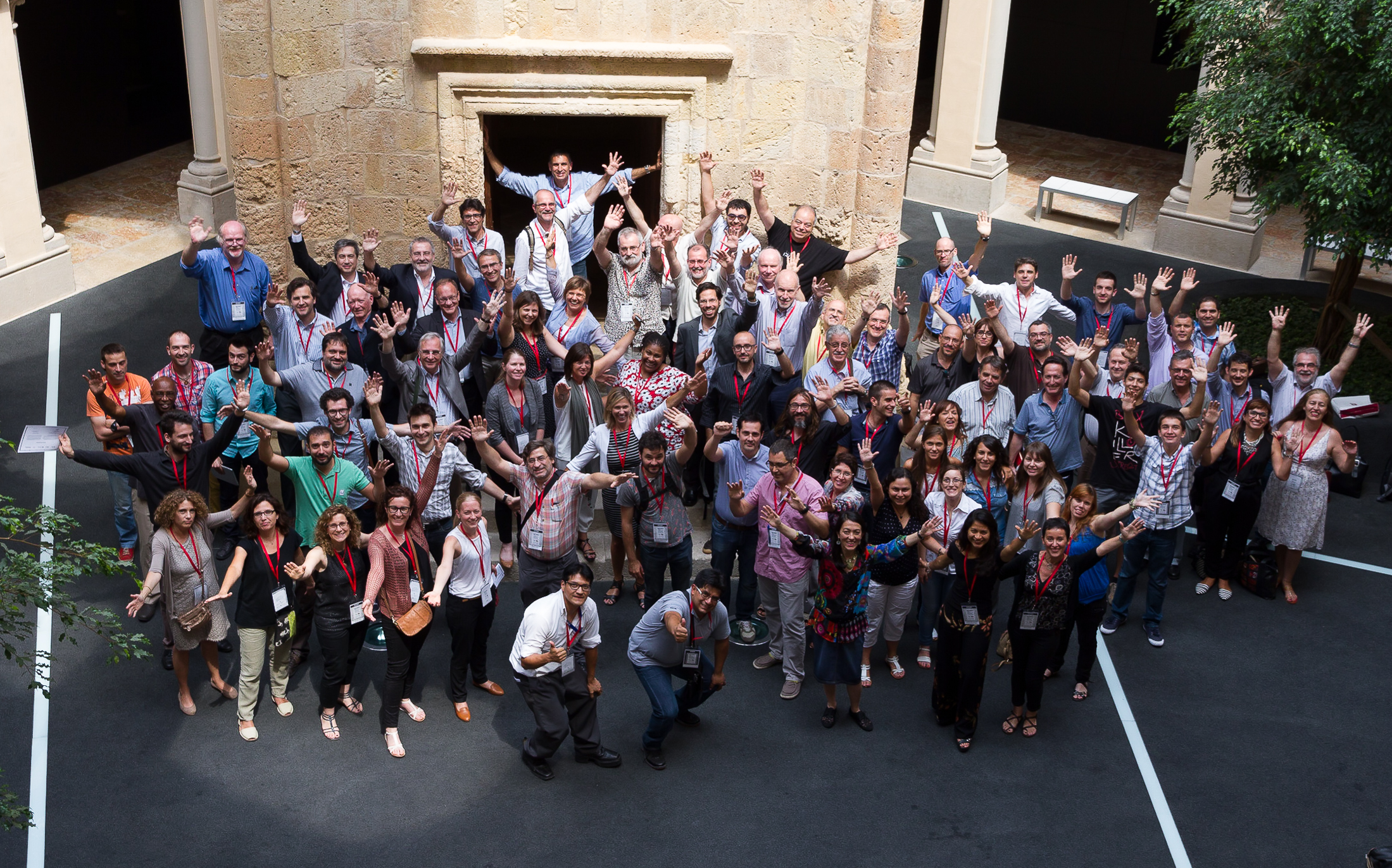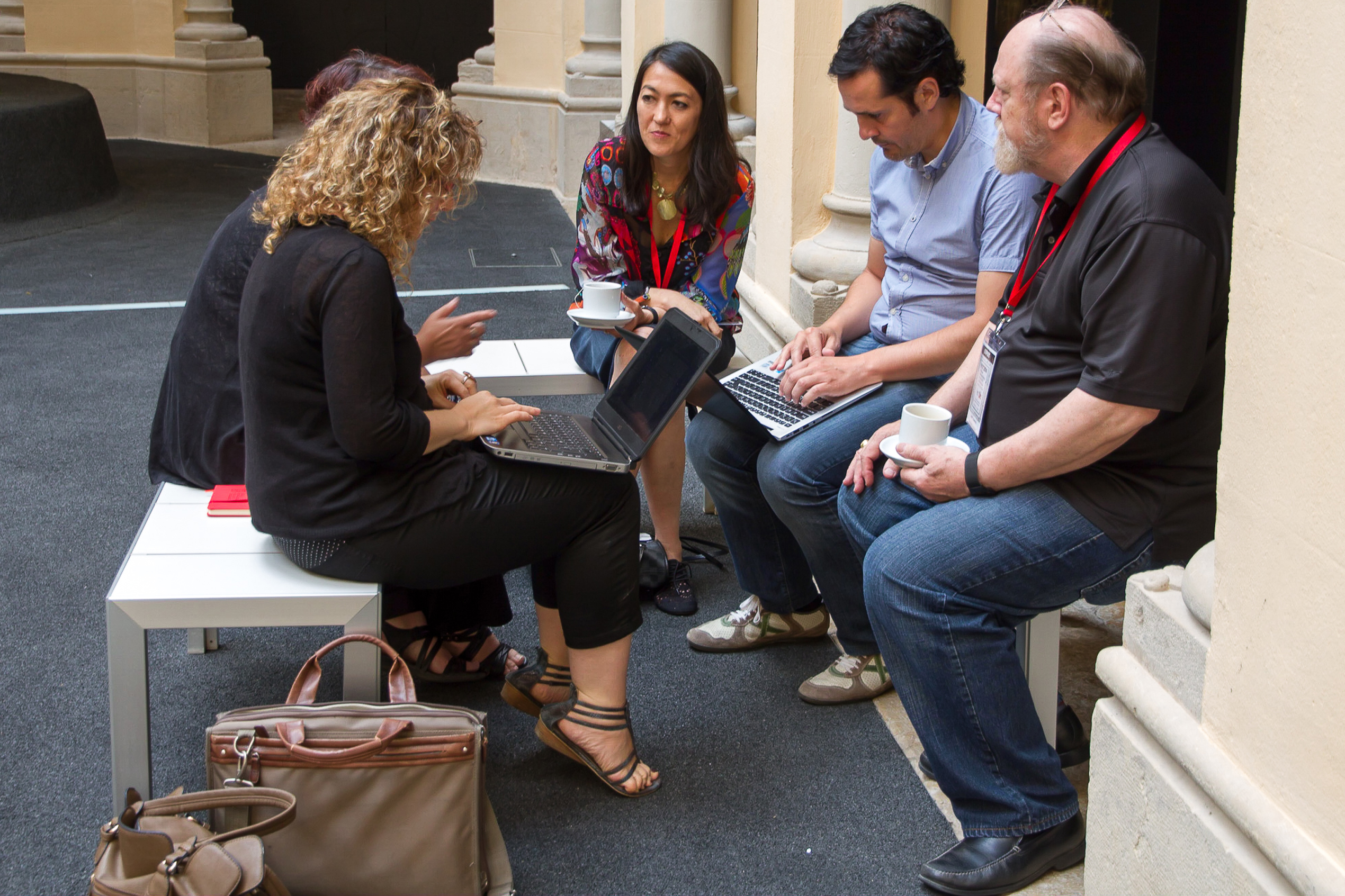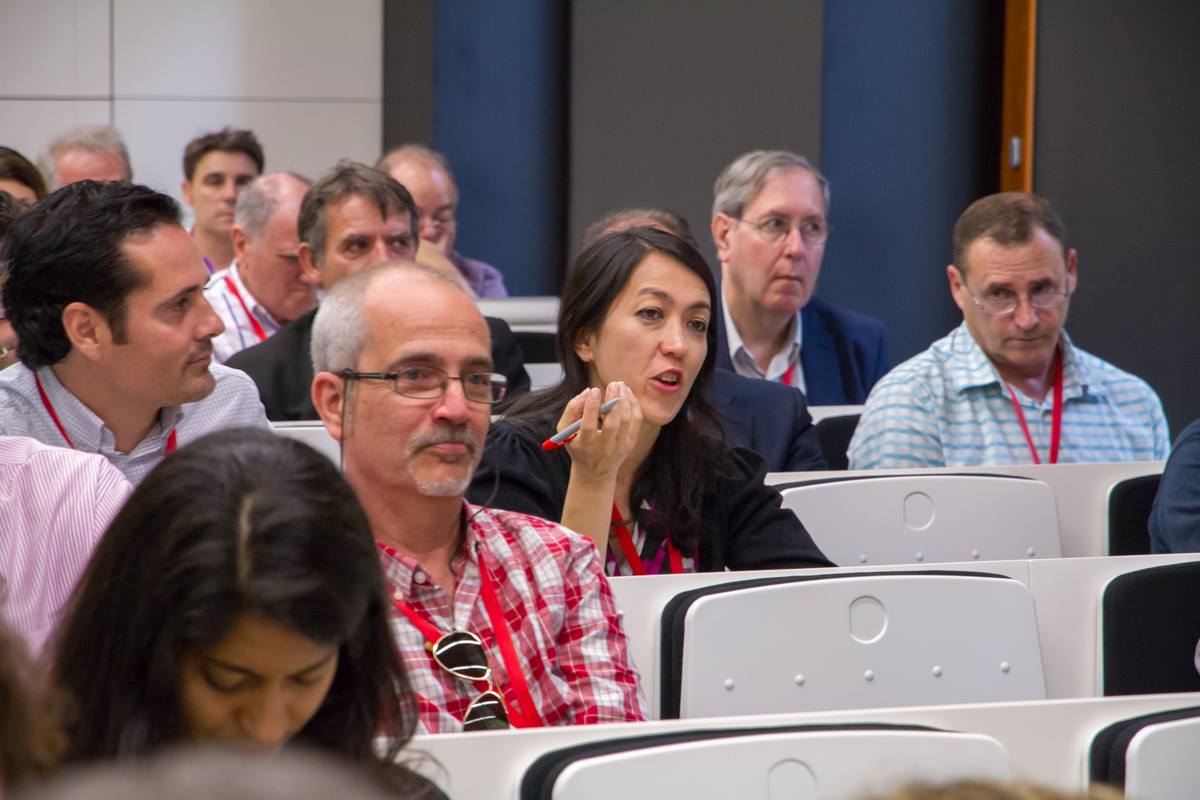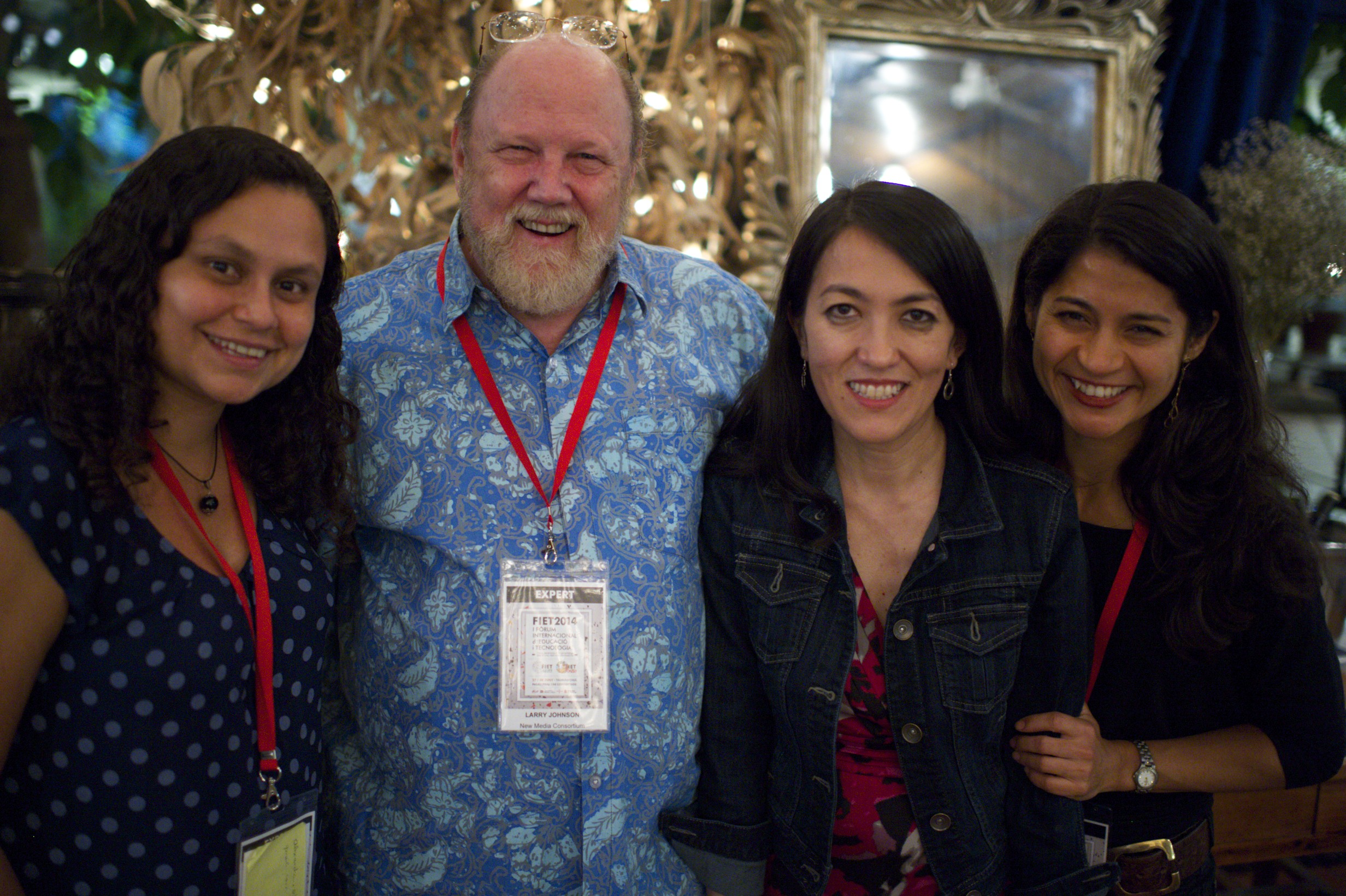This year marks the 300th anniversary of the events of 11th of September 1714 in the history of Catalonia, which represents the people’s struggle for freedom. The FIET 2014 is one of these initiatives for celebrating the Tercentenary. Its aim is “to showcase the best Catalan practices in the fields of Education, Culture and Technology and discuss with world-renowned specialists with the intention to generate future environments in these areas”.
The FIET network organised by Dr. Mercè Gisbert Cervera, head of the Applied Research Group in Education and Technology at Universitat Rovira i Virgili comprised more than 100 international experts across the world, who were invited to discuss new models of education based on emerging digital trends in Catalonia. This international meeting, held at the Seminari Pontifici in Tarragona, was organised through eleven thematic groups:
1. Education Policy
2. New models of knowledge construction
3. Key skills
4. Learning Environments
5. Teacher Training
6. Science Technology and Innovation
7. Technology, Education and Culture
8. Smart cities
9. Ethics and Technology
10. Social inclusion and cohesion
11. Social Networks and citizen participation
Larry Johnson ( New Media Consortium), Cristina Yáñez Aldecoa (the University of Andorra) and Alexandra Okada ( The Open University – UK) were invited as international experts to discuss Technology, Education and Culture, group seven coordinated by Ramon Palau Martin (Universitat Rovira i Virgili).
The key objectives for each group were to:
- 1. Create a framework document with strategic proposals for the next ten years from the dual perspective of Catalonia and the world.
- 2. Identify, based on the eleven themes, the eleven most relevant experiences national and international related to the application of technologies to education and culture.
- 3. Design a European cluster project for education and technology with participants from important cities in Europe including in Catalonia.
Six priorities were highlighted by group seven, which will be described in details through their framework document for the Tercentenary:
- 1. Research on open content, open data and open learning
- 2. Accessibility and connectivity
- 3. Informal and formal education
- 4. Digitalization of Culture to guarantee wide access
- 5. Policies to promote inclusion and more participation by all actors in the society
- 6. Policies to guarantee creators’ rights in the open world
Ten projects were selected as best practices
- 1. ”Galley One” Cleveland Museum of Art
- 2. Art Project of Google
- 3. Apps_for_good help young people make their future with new technology
- 4. Berkeele 1st university in offering learning of music online
- 5. CODERDOJO
- 6. Cultural Heritage Experiences – Socio-personal interactions and Storytelling
- 7. Key competences for collaborative open learning in the digital age
- 8. Learning through the Arts
- 9. Library for all
- 10. Robots & Museums at London’s Natural History Museum





